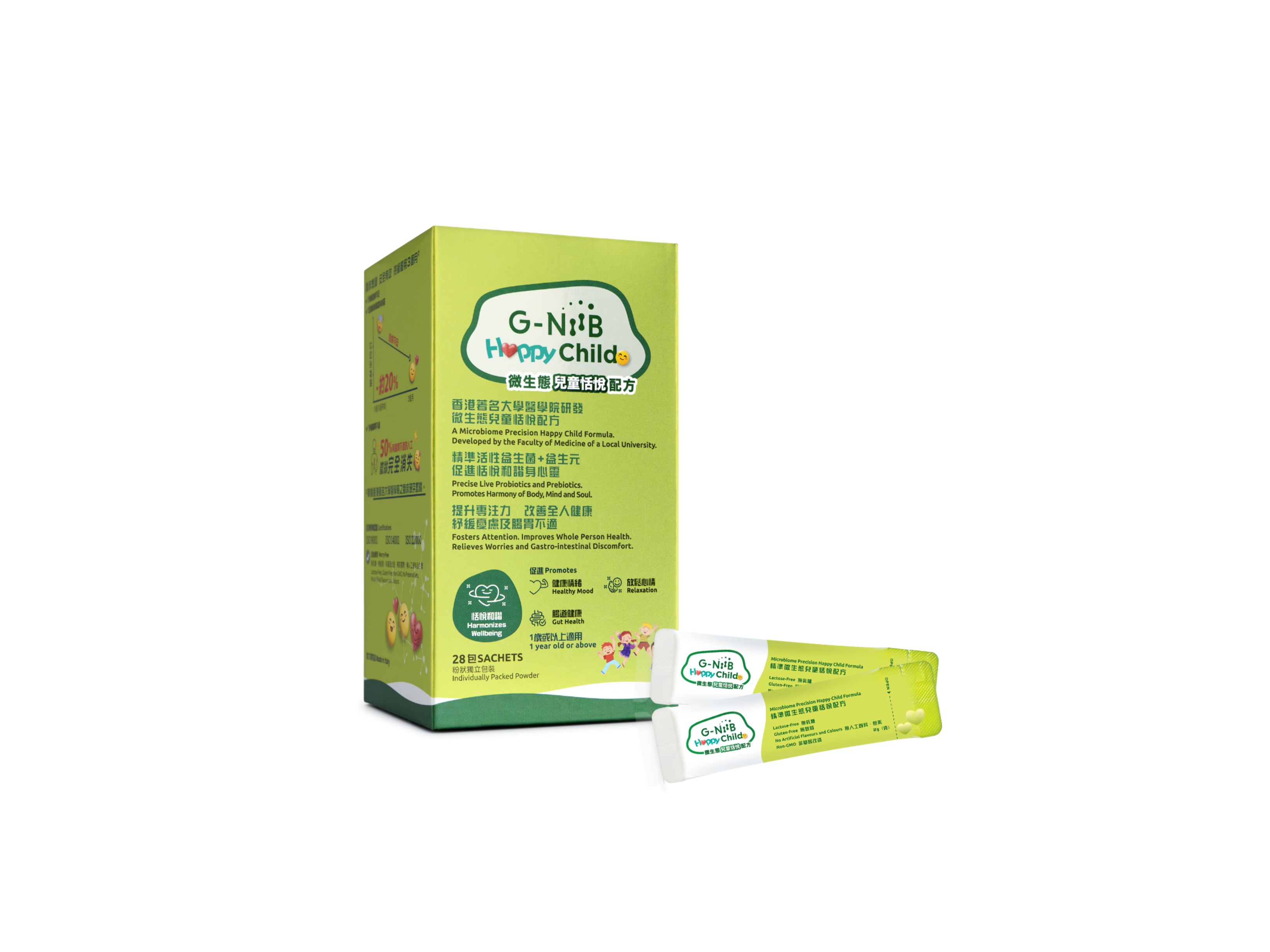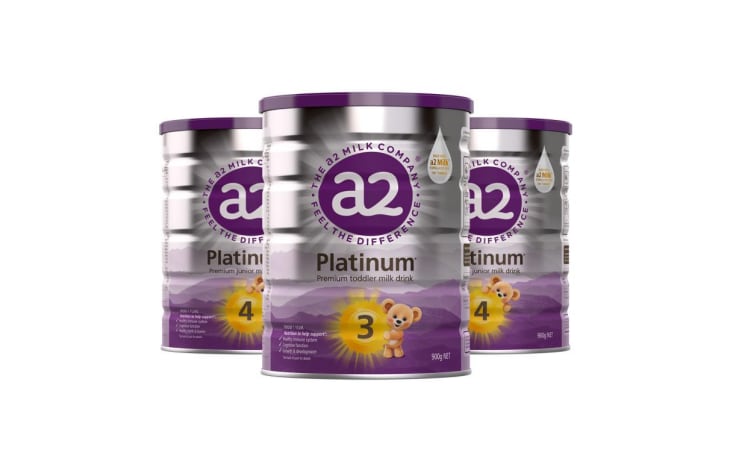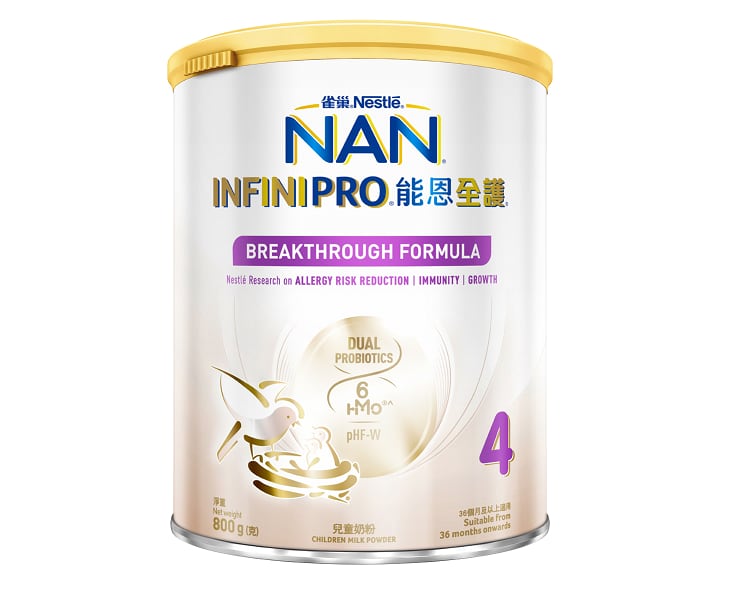Already launched in Hong Kong, G-NiiB Happy Child was developed using Asian database accumulated by the Chinese University of Hong Kong (CUHK) for more than 10 years.
“The database is very important because we found significant differences in gut microbiome composition of children with and without autism spectrum disorder (ASD) and mood disorders. Based on that, we identified certain probiotic strains that were lacking or increasing in these children.
“This helped us discern which prebiotics and probiotics to adopt for the synbiotic formulation. We then commissioned CUHK to conduct a clinical trial on it. From formulation to the study results, it took nearly three years to complete. We intend to do a bigger-scale trial, following which we would publish a paper on,” Rachel Fan, CEO of GenieBiome, told NutraIngredients-Asia.
According to Fan, the four strains used in Happy Child are from the Bifidobacteria, Lactobacillus and Streptococcus families.
Participants in the study included children with autism symptoms and behavioural problems. A key benefit of the synbiotic observed was the reduction of anxiety symptoms. For children with ASD, it also helped decrease sensory hypersensitivity.
“Most children with anxiety, autism or other mood disorders have functional abdominal pain. From the study, we saw that there is a 50% decrease in functional abdominal pain [after intervention].”
GenieBiome’s focus on mental and digestive health stems from an increasing occurrence of related conditions among children and adolescents, as well as a growing demand for non-drug solutions.
Data from World Health Organization (WHO) showed that globally, one in seven children between 10 and 19 years have a mental disorder, accounting for 15% of disease burden in this age group.
“There are emerging scientific evidence to back the strong link between the gut microbiome and the brain. This is known as the gut-brain axis, which is also associated with functional gastrointestinal disorders. We saw the unmet needs and decided to work on Happy Child.
“It aroused a lot of public interest when we launched in Hong Kong. We also see demand in other Asian countries and even the Middle East because parents do not like their kids to take medication. They always relate drugs to side effects. For long-term consumption, they’d prefer using something natural, safe, and effective.”
Fan added that most children had greatly reduced social contact during the COVID years, and when life returned to “normal” after the pandemic, they faced “a certain level of anxiety”.
“In the recent two years, we do see many adolescent suicide cases that gained a lot of attention in Hong Kong, so there is an urgent need [to address the mental health of the young demographic]. It’s a good news to have a new formula, which is a safe and effective therapy catering to kids.”
More awareness needed
Targeted at children aged one to 15 years, Happy Child comes in powder sachet format and is sweet-tasting.
“Our formula — in fact, our full product range — has a bit of sweetness that comes from the prebiotics and not sugar. The sweet taste is very mild; not only the kids will like it, even adults will too. The powder melts in the mouth, so it can be taken directly or mixed in water. For younger children, it can be mixed in food.
“We understand that most kids love gummies, but in reality, gummies must go a pasteurisation process. Even though the strains that we selected are microencapsulated, they will still be killed by the high temperature. Currently, we find the powder sachet to be well received by both the kids and their parents, so this will remain the format that we are going to focus on going forward,” Fan shared.
GenieBiome believes that “a lot of education” is still needed to raise awareness on ASD and mood disorders in children and adolescents.
It plans to partner with non-governmental organisations to destigmatise autism and inform people on the gut-brain axis, so as to improve inclusivity and encourage sufferers to seek medical help.
“The objective of our company is not only to earn money, but also to educate the public and increase social acceptance of these so-called minorities. Having said that, we are developing a formula for adults because when kids have issues, it impacts the whole family.”
Priority on SEA
Happy Child is expected to be rolled out in China by the second quarter of 2025, while it is in the process of registration with Singapore and Malaysia authorities for sale in these markets.
“We are looking to launch it in Singapore and Malaysia in quarter three or four, and we are also exploring the opportunity of having a partner in Indonesia to sell [our products] there.”
GenieBiome recently participated in the International Invention Fair of The Middle East (IIFME) in Kuwait.
Asked if the company is aiming to expand into the Middle East, Fan said that local populations have very high sugar intake, and that the MENA region has the largest number of obese and diabetic patients in the world.
“There is also high prevalence of metabolic conditions and a significantly increasing prevalence of inflammatory bowel disease. These data suggest great potential for probiotics to improve the dysbiosis (imbalance in gut microbiota) of people in the Middle East.
“At IIFME, people from the region were very curious about the Happy Child formula, and they asked a lot of questions about its efficacy and how it could help children. They were also impressed by the product’s halal certification.”
Nevertheless, Fan revealed that despite the interest, South East Asia remains the company’s priority at the moment.
“We will explore the Middle Eastern markets in the future but not immediately, as we have to understand more about the culture and how the local people perceive mental and mood problems. Right now, we are not sure if they will readily accept our product, so we’d still need to do some surveys.”





